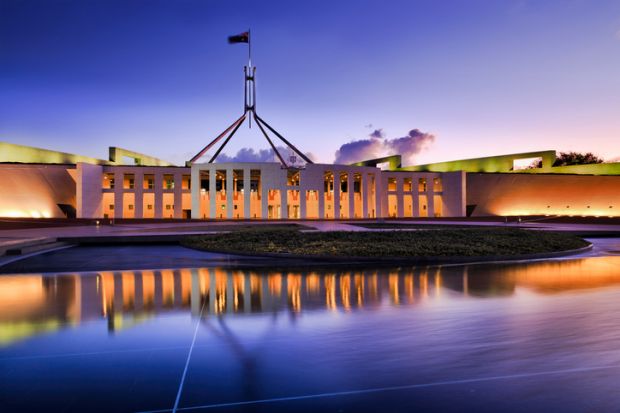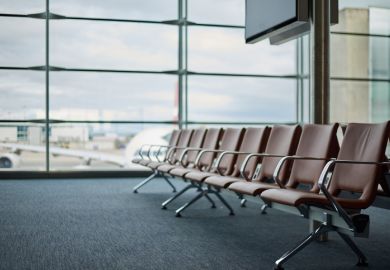An Australian international education strategist has questioned the need for proposed legislation to impose institutional caps on foreign enrolments at every college and university.
Canberra has vowed to “support the integrity and sustainability” of international education by allocating limits on overseas admissions at each institution.
The government has promised to consult the sector before imposing the caps. It says universities will be allowed to exceed their quotas if they establish new purpose-built student accommodation to house both foreigners and locals and “free up pressure on the rental market”.
The move is among a slew of otherwise previously announced measures contained in legislation to be introduced into parliament this week, mostly focusing on the vocational education sector.
They include preventing educational providers from owning education agencies, cancelling dormant college registrations, banning foreign student recruitment by colleges under “serious” investigation, pausing registrations of new colleges and courses, prohibiting agent commissions on student transfers between Australian institutions, and requiring colleges to demonstrate a “track record of quality” in domestic education before being allowed to recruit foreigners.
Home affairs minister Clare O’Neil said international education was a “huge national asset” but “only when it’s working for the country”.
“Last year, our government adopted a strategy to deliver a smaller, more strategic migration system,” she said. “With international student visa grants back to pre-pandemic levels, the focus now shifts to ensuring numbers…are managed more strategically over the long term.”
Dirk Mulder, a former director of international education at Murdoch University and the University of South Australia, said institutional caps already existed through the Commonwealth Register of Institutions and Courses for Overseas Students (Cricos).
Registration with Cricos, which is administered by the Department of Education, is mandatory for colleges and universities with international students.
Mr Mulder, founder of industry news site The Koala, said the number of foreign students allowed in Australia had risen steadily as new colleges and courses were added to the register. Capacity limits permitted under Cricos now total 1.52 million across almost 1,500 institutions.
Australia recorded 975,000 overseas enrolments last year. Mr Mulder said the government could contain foreign student numbers by applying Cricos limits more diligently.
“Why are they dealing with this through the immigration portfolio when there are established mechanisms in the education portfolio that could do this without the negative publicity that Australia is currently getting overseas? The sector feels like it’s getting bushwhacked by the immigration minister.”
The legislation is the latest recent move by the government to dampen foreign enrolments, after delaying the processing of many student visa applications and rejecting more applicants.
The government has also downgraded the risk ratings of many institutions, retracted recent increases to graduate work rights and raised foreign students’ proof-of-funds requirements. The federal budget on 14 May is expected to include an increase in visa application fees.
These measures over the past six months constitute a significant change in rhetoric from a government that was previously extolling the need for more overseas graduates to help resolve Australian skill shortages.
Universities Australia said “decades of careful and strategic work by universities and the government” had turned international education into “one of Australia’s great success stories”. Chief executive Luke Sheehy said the sector needed certainty, stability and growth. “We can’t let this work go to waste.”
The Australian Technology Network of universities said “good policy” was paramount. “International education is important to the national economy,” said chair Harlene Hayne. “International students add considerably to the vibrancy of our university campuses, our classrooms and our communities.”
But La Trobe University backed the government’s intent to ensure accommodation supply for international students and “alleviate concerns regarding housing shortages”.
Vice-chancellor Theo Farrell also said a proposed International Education and Skills Strategic Framework, which the government has released for discussion, could bring certainty in “what is currently a challenging and uncertain situation for our international students”.
The government plans to release the final framework later this year. It says the framework will underpin “a managed system to deliver sustainable growth over time”, while encouraging Australian institutions to deliver courses offshore.
Register to continue
Why register?
- Registration is free and only takes a moment
- Once registered, you can read 3 articles a month
- Sign up for our newsletter
Subscribe
Or subscribe for unlimited access to:
- Unlimited access to news, views, insights & reviews
- Digital editions
- Digital access to THE’s university and college rankings analysis
Already registered or a current subscriber? Login








